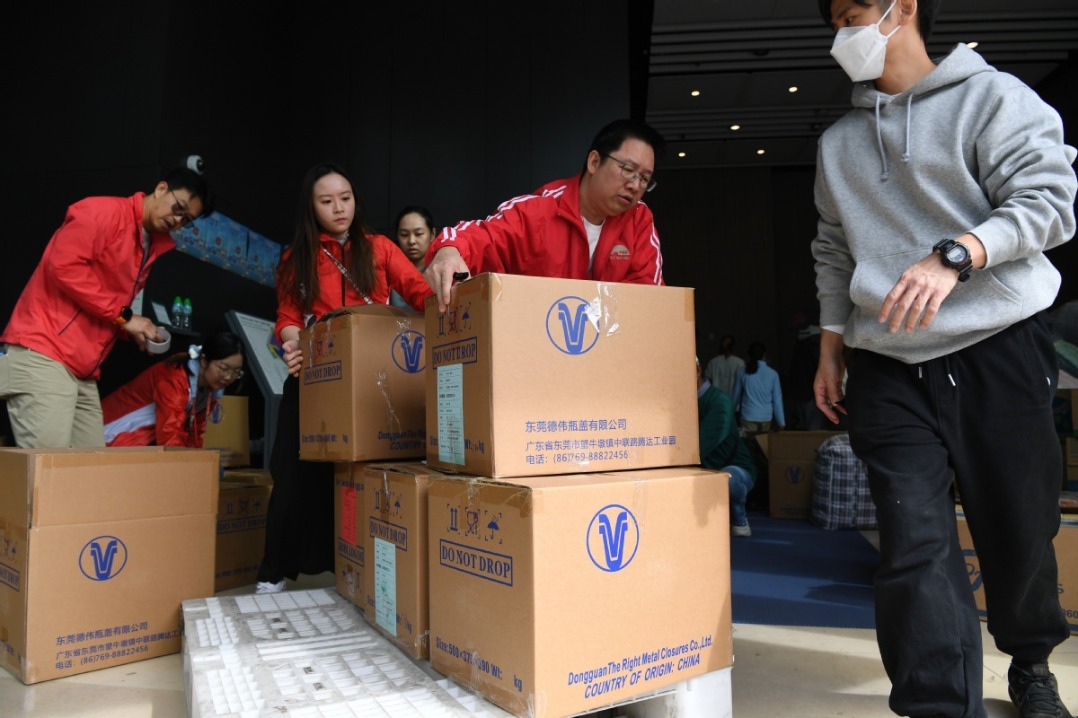How green is my balcony!


"We have been farming for a year," To reveals. "Allan likes to help me catch worms. We can be there for an hour and don't realize the time passing. We grow choi sum, papaya, beans, pea shoots and carrots, and use egg shells and tea bags as fertilizer. It's all organic."
Nowadays, To grows enough fruits and vegetables to meet her family's needs, but says she is into farming primarily for the pleasure of it. "It's therapeutic," she says. Farming has led to greater community bonding, she adds, as neighbors often exchange seedlings. It's also fun to watch what the person next door is up to, "such as our Indian neighbors tending the
herbs they use in their cooking."
Pryor agrees that successful urban farms strongly emphasize community building. The biggest challenge, he says, is for urban people to have a sustained interest in farming. As farming is an everyday activity, people who participate need to take ownership and responsibility. "Farms need constant gardeners," he says. "We saw a lot of HKU students interested but when exam time arrives, they all disappear."
- Top procuratorate renews push to protect migrant workers' rights
- China expands green belt around its largest desert
- Fujian coast guard conducts routine patrol in waters near Kinmen
- China-Europe freight train trips surpass 120,000
- Key documents of pivotal CPC meeting published in foreign, ethnic-minority languages
- Revised study outline for Xi Jinping Thought on Diplomacy published




































